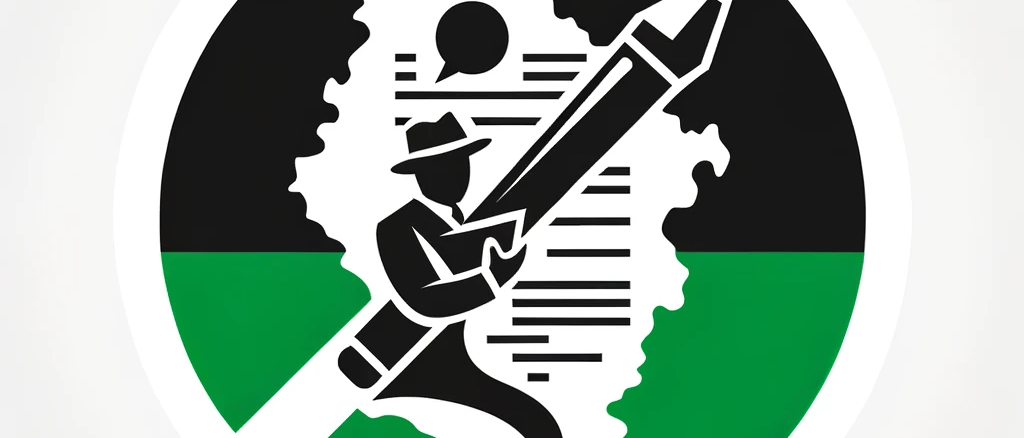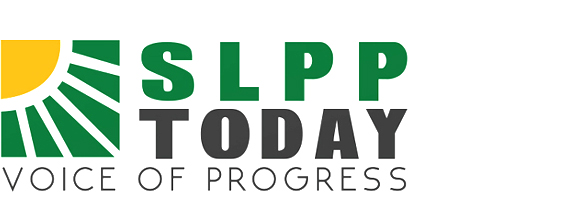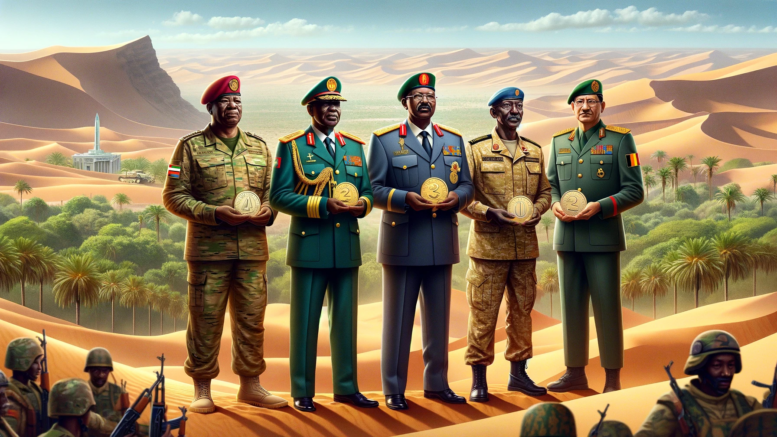ECOWAS’s Struggle and the Sahel Departures
 The Economic Community of West African States (ECOWAS) envisioned itself as a force for economic unity in West Africa since its inception in 1975. However, political instability and civil wars have consistently hindered its progress. The recent exit of Burkina Faso, Mali, and Niger marks a critical challenge. These countries, now under military rule, expressed dissatisfaction with ECOWAS’ approach to terrorism and its perceived deviation from Pan-African ideals.
The Economic Community of West African States (ECOWAS) envisioned itself as a force for economic unity in West Africa since its inception in 1975. However, political instability and civil wars have consistently hindered its progress. The recent exit of Burkina Faso, Mali, and Niger marks a critical challenge. These countries, now under military rule, expressed dissatisfaction with ECOWAS’ approach to terrorism and its perceived deviation from Pan-African ideals.
The Formation of the Alliance of Sahel States
In response, these nations formed the Alliance of Sahel States (AES) and sought new alliances, notably with Russia and its “Africa Corps”. This shift highlights a complex geopolitical scenario, signaling a reevaluation of old alliances and the creation of new ones.
Proposing a Multifaceted Approach
To address these challenges, ECOWAS needs to initiate reforms to meet its members’ diverse needs better. This process should include revising strategies to fight terrorism and tackle the underlying causes of regional instability.
Enhancing Dialogue and Diplomacy
Enhanced dialogue is essential. ECOWAS, the African Union, and global partners should open channels with the junta-led nations. Their goal must be understanding grievances, discussing reintegration, and finding common security solutions.
Addressing Socio-economic Issues
Addressing poverty, unemployment, and social injustice is also vital. Creating jobs, investing in education, and promoting good governance can foster stability and prosperity.
Role of the International Community
The international community, including the United Nations and European Union, should support these efforts with respect for West Africa’s sovereignty. Their assistance should be diplomatic, financial, and technical, avoiding neo-colonialism.
Conclusion
The departure of Burkina Faso, Mali, and Niger from ECOWAS offers a chance for deep reflection and strategic change. A stable, integrated West Africa is within reach with comprehensive reforms, inclusive dialogue, socio-economic development, and international cooperation.
By Abu-Hassan Koroma, Publisher




